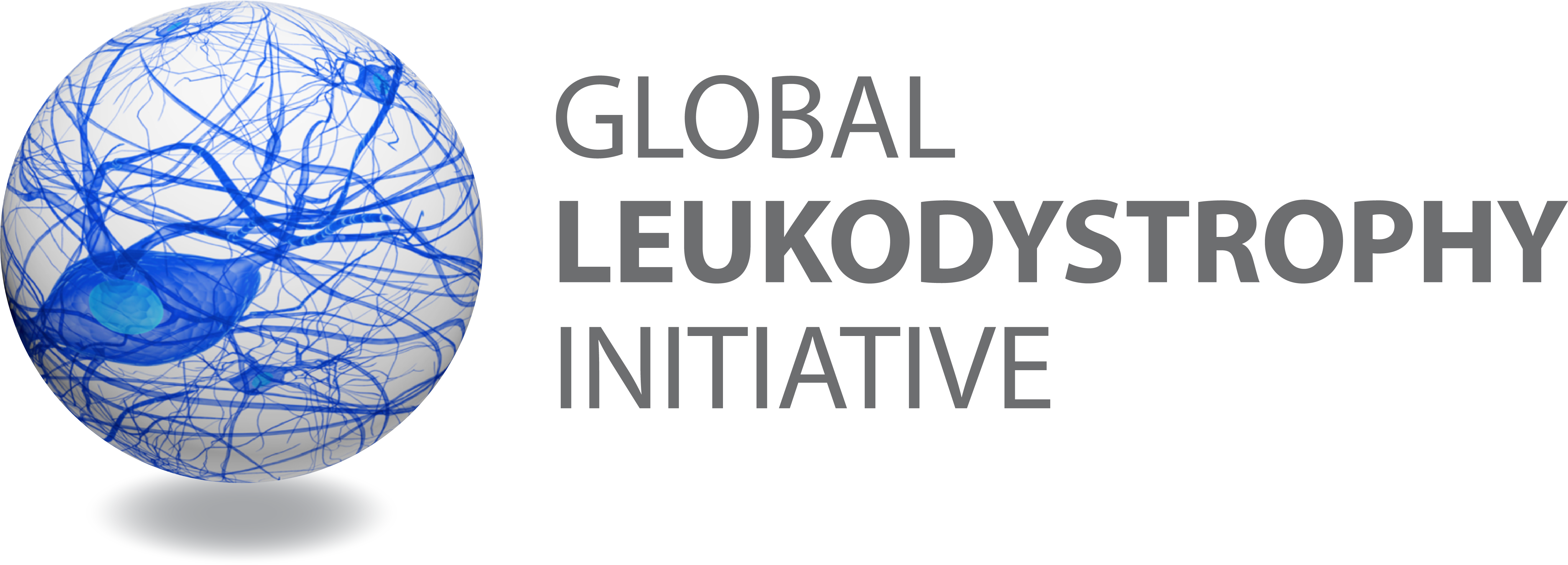Objectives
The primary objectives of this research study are to a) collect high-quality prospective data to determine the ability of an adult AMN rating scale to accurately measure function in individuals affected with AMN, b) assess the rate of change in quantitative ataxia measures in affected individuals, and compare these to existing data collected under the Myelin Disorders Biorepository Project (RDCRN Protocol No. 8501) and c) to determine whether remote assessment with wearable technology systems are comparable to quantitative performance measures (QPMs) of gait and balance obtained using force plate technologies.
Study Design
Individuals with a confirmed diagnosis of adrenomyeloneuropathy (AMN) who agree to participate may be asked to complete a series of gait and balance assessments annually over five years. This testing may take 1-2 hours in total per visit. Additional measures of gait, balance, and mobility may be performed remotely using commercially available wearable sensors approved for use in this research study. These tests may be administered remotely by trained study personnel every six (6) months at participants’ homes. The system consists of three watch-sized battery-based accelerometers that submit synchronized signal to a central sensor through ultra-low power radio frequency waves not known to cause any harm and has been used in both clinical and research settings. The accelerometers are placed on the participants’ waist and feet during the assessments.
Participants
The study will be based at the Children’s Hospital of Philadelphia (CHOP), which will serve as a Data Coordinating Center (DCC) for the study. The Kennedy Krieger Institute (KKI) and Massachusetts General Hospital (MGH) will serve as participating study sites under IRB Reliance Agreements. The study population will include male and female adults (i.e. ≥ 18 years of age) with a confirmed diagnosis of adrenomyeloneuropathy (AMN) as defined by abnormal VLCFA profile and/or mutation analysis, without MRI brain abnormalities concerning for cerebral adrenoleukodystrophy (ALD). The study will include a final evaluable cohort of approximately 60 subjects, though up to 90 subjects may be enrolled to allow for attrition and/or non- compliance with procedures and/or follow-up schedules. Though subjects may be enrolled at any of the three study sites, in-person assessments may take place only at KKI and MGH.
Inclusion Criteria
- Confirmed diagnosis of AMN as defined by abnormal VLCFA profile and/or mutation analysis, without MRI brain abnormalities concerning for cerebral ALD;
- Able to follow testing instructions safely;
- Age ≥ 18 years;
- EDSS of less than 7 or ability to stand for at least 20 seconds with support
- Willingness to travel to the Kennedy Krieger Institute (Baltimore, MD) or Massachusetts General Hospital (Boston, MA) approximately once annually for in-person research assessments.
- Concurrent enrollment in the Myelin Disorders Biorepository Project (RDCRN Protocol No. 8501).
Exclusion Criteria
- Evidence of cerebral demyelination based on prior brain MRI;
- Evidence of other neurological deficit that could interfere, such as previous stroke or muscle disease;
- Diagnosis of the following conditions: congestive heart failure, cancer, unstable angina, uncontrolled hypertension (> 190/100 mmHg);
- Orthopedic issues or severe pain that would impact ability to participate in the study, based on investigator discretion.
Study Activities
Study procedures are limited to collection of existing clinical information, review of medical records and research records, completion of questionnaires, and participation in on-site and/or remote quantitative performance measures (QPM). All subjects will be invited to complete the Adulthood ALD/AMN Clinical Score (AACS) questionnaire either electronically or in paper-based form. This questionnaire may be administered either remotely or in the context of on-site follow-up visits at intervals of approximately six (6) months for the duration of each subject’s participation in the study.
In addition to regular completion of the Adulthood ALD/AMN Clinical Score (AACS) questionnaire, enrolled individuals may be invited to participate in a comprehensive series of Quantitative Performance Measures (QPMs) both in the context of follow- up evaluations at KKI and/or MGH, or remotely from their own homes. In-person evaluations may take place annually, and may be combined with each subject’s clinical follow-up schedule, if possible, to minimize inconvenience. Remote evaluations may occur at intervals of approximately six (6) months.
In-person assessments will include the Timed 25 Foot Walk Test (T25FW), Timed Up and Go Test (TUG), and Six Minute Walk Test (6MWT), all performed under the instruction and close supervision of trained research staff. Visits will also include the Standardized Assessment and Rating of Ataxia (SARA) and the Montreal Cognitive Assessment (MOCA). Balance assessments will be administered using clinically- validated tools such as the NeuroCom SMART EquiTest Computerized Dynamic Posturography System (Manufacturer: Natus Medical Incorporated) and Kistler Type 9281E 3D Force Plate (Manufacturer: Kistler Ioptionstrument Corp.).
Subjects will have the option to participate in remote assessments while wearing small remote movement sensors such as the Opal V2R System (Manufacturer: APDM Wearable Technologies) or the ActiGraph GT9X System (Manufacturer: ActiGraph, LLC). Use of wearable sensors will occur at participants’ homes, as well as in the context of study visits, in both cases under either remote or in-person supervision of trained study staff.

